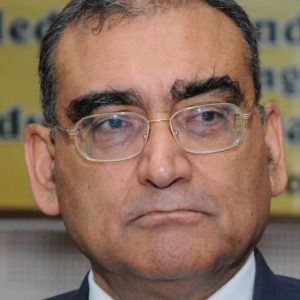
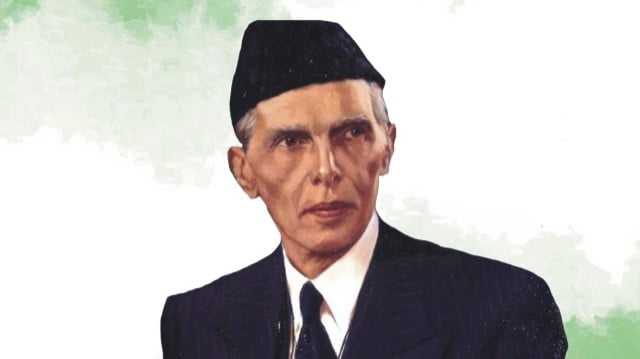
Mohammad Ali Jinnah ( 1876-1948 ) was earlier secular and a nationalist, He was known as an ambassador of Hindu-Muslim unity in 1915-20.
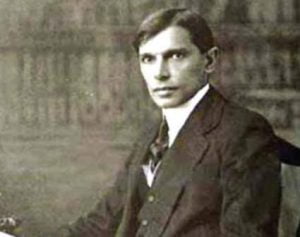
He was a member of both Congress and the Muslim League, and was the main architect of the Lucknow Pact of 1916 between the two parties.
He regarded his membership of the Muslim League as secondary to the greater cause of winning India’s freedom.
He was initially opposed to separate electorates for Hindus and Muslims, saying it was dividing the country. He was also opposed to the Khilafat Movement supported by Gandhi, saying it promoted religious zealotry.
But he was shocked when he saw Gandhi using religion to get mass support for the Congress e.g. by his talk of Ramrajya, opposition to cow slaughter, etc (till about 1915, when Gandhi came to India from South Africa, Congress was only a party of intellectuals).
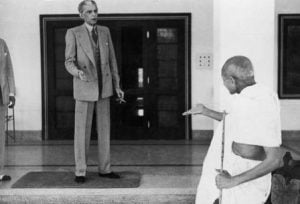
Jinnah strongly objected to this injecting religion into politics, but he was hooted out in the Congress Nagpur session of 1920.
Feeling humiliated, Jinnah resigned from the Congress, left India, and started law practice in England.
Later, Jinnah realised that the way to success in Indian politics was to turn communal.
He returned to India and started vehemently advocating the bogus two nation theory (that Hindus and Muslims are two separate nations), and he was principally responsible for the Lahore Resolution of 1940 demanding Pakistan as a separate homeland for Indian Muslims.
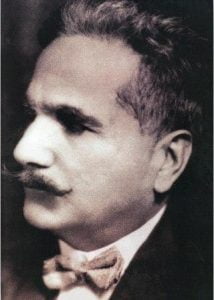
Thus, Jinnah was like Allama Iqbal, who was secular and a nationalist in his youth when he wrote ‘Saare jahaan se achcha Hindustan hamaara’, but later became highly communal, started preaching pan-Islamic nonsense (see his poem ‘Shikwa”), and became a strong supporter of Partition of India on religious lines (see his presidential speech in the Allahabad session of the Muslim League in 1940). ![]()
Also Read:
Democracy is not for rewriting History
Tide does not obey royal command
India’s Tryst with Destiny – Hindu Rashtra
Watch video:

Disclaimer : PunjabTodayTV.com and other platforms of the Punjab Today group strive to include views and opinions from across the entire spectrum, but by no means do we agree with everything we publish. Our efforts and editorial choices consistently underscore our authors’ right to the freedom of speech. However, it should be clear to all readers that individual authors are responsible for the information, ideas or opinions in their articles, and very often, these do not reflect the views of PunjabTodayTV.com or other platforms of the group. Punjab Today does not assume any responsibility or liability for the views of authors whose work appears here.
Punjab Today believes in serious, engaging, narrative journalism at a time when mainstream media houses seem to have given up on long-form writing and news television has blurred or altogether erased the lines between news and slapstick entertainment. We at Punjab Today believe that readers such as yourself appreciate cerebral journalism, and would like you to hold us against the best international industry standards. Brickbats are welcome even more than bouquets, though an occasional pat on the back is always encouraging. Good journalism can be a lifeline in these uncertain times worldwide. You can support us in myriad ways. To begin with, by spreading word about us and forwarding this reportage. Stay engaged.
— Team PT


Copyright © Punjab Today TV : All right Reserve 2016 - 2025 |